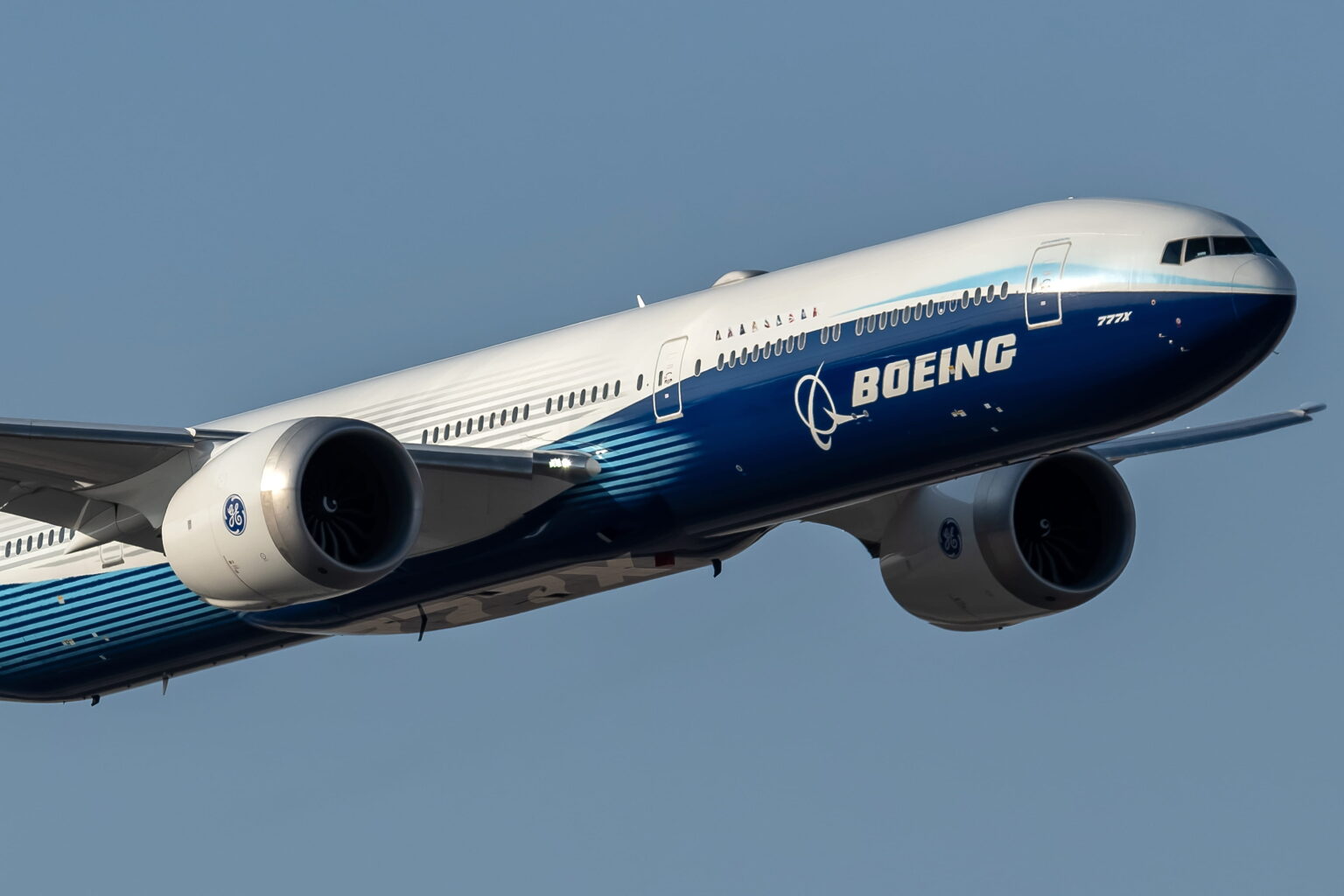The United Kingdom is set to purchase approximately $10 billion worth of Boeing aircraft, a deal that underlines the growing strategic partnership between the UK and the United States. The announcement was made by U.S. Commerce Secretary Gina Raimondo during an event highlighting trade cooperation and investment between the two allies.
While the full details of the transaction, including the buyer airline, were not immediately disclosed, Raimondo emphasized that this was a private-sector agreement involving a UK-based commercial airline. The aircraft purchase will likely be one of the largest aerospace transactions between the two countries in recent years, reflecting a renewed commitment to deepening bilateral trade ties.
“This is a big deal—not just in terms of dollars, but in terms of what it represents,” said Raimondo. “It’s a sign of confidence in American aerospace and in the strength of the U.S.-UK relationship.”
The transaction aligns closely with the broader objectives of the newly unveiled UK-U.S. trade initiative, which seeks to promote industrial cooperation, facilitate smoother regulatory alignment, and open pathways for future collaboration in high-value sectors such as aerospace, defense, and green technology.
Boosting Aerospace Industry And Economic Growth
The $10 billion Boeing aircraft order is expected to generate considerable benefits across both economies. In the U.S., the deal reinforces Boeing’s position as a cornerstone of the American aerospace sector and supports thousands of jobs across the company’s manufacturing and supplier networks. Boeing, which has faced scrutiny over production issues in recent months, stands to gain a reputational boost as well.
For the UK, the acquisition signals a robust investment in upgrading and expanding its aviation infrastructure. With demand for international travel rebounding and sustainability in aviation becoming a top priority, the addition of new, fuel-efficient Boeing aircraft may support both commercial growth and climate targets.
Industry analysts point out that this deal could have a ripple effect across the sector, encouraging other international carriers to move forward with long-anticipated fleet renewal plans. “This is not just a transaction, it’s a message,” said an aviation analyst based in London. “The UK is saying it’s ready to lead in aviation modernization and is placing its trust in Boeing to help deliver that.”
This comes at a time when competition in the commercial aircraft market is heating up, with Boeing and its European rival Airbus vying for global contracts. The UK’s decision to proceed with such a substantial Boeing order could tilt perceptions and purchasing trends among other carriers evaluating their own fleet upgrades.
Strategic Vision For Long-Term Bilateral Cooperation
Beyond the economic numbers, the announcement sends a powerful signal about the long-term strategic alignment between the United States and the United Kingdom. As the two countries look to redefine their post-Brexit and post-pandemic trade identities, major deals like this serve as benchmarks of cooperation that extend beyond rhetoric.
The UK government has repeatedly expressed interest in strengthening its industrial and trade links with the U.S., and aerospace has emerged as one of the most mutually beneficial sectors. Not only does the purchase secure next-generation aircraft for the UK’s aviation sector, but it also promotes continued dialogue around manufacturing innovation, supply chain resilience, and export development.
Though the name of the airline involved in the purchase has yet to be confirmed, industry insiders speculate that it could be one of the UK’s leading carriers looking to modernize its long-haul fleet. Whether the buyer is British Airways, Virgin Atlantic, or another private operator, the scale of the investment marks it as a turning point in cross-Atlantic commercial ties.
The deal’s timing also aligns with global efforts to strengthen Western industrial cooperation amid evolving geopolitical tensions and a shifting global trade landscape. Both Washington and London have framed the aircraft agreement as a model for future private-sector-led economic diplomacy.
As Raimondo concluded, “This is what transatlantic trade looks like in 2025, innovative, large-scale, and anchored in mutual prosperity.”



